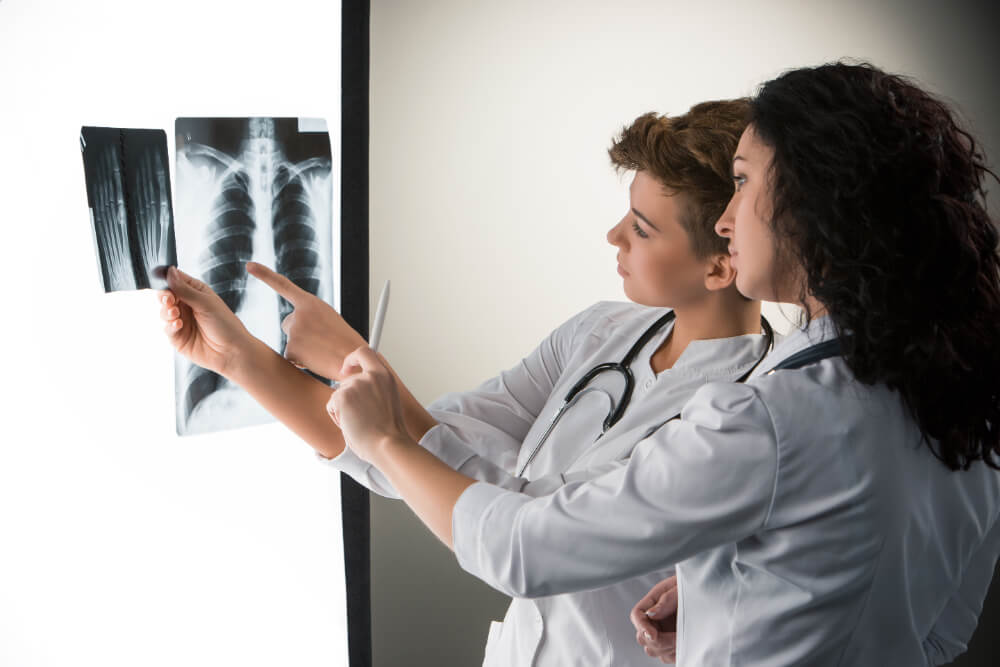When to Seek Urgent Care for Bruises: Recognizing the Need for Medical Attention
Bruises, also known as contusions, are common injuries that occur when blood vessels beneath the skin are broken. Most bruises resolve on their own without any medical intervention. However, some bruises may require professional evaluation and treatment, especially if they are severe, persistent, or accompanied by other concerning symptoms.
What Are Bruises?
Understanding the Basics
Bruises are a type of injury where blood vessels under the skin are damaged due to impact, causing discoloration. They often result from falls, bumps, or direct blows.
Types of Bruises
- Subcutaneous Bruises: Occur just beneath the skin’s surface.
- Intramuscular Bruises: Affect the underlying muscles.
- Periosteal Bruises: Impact the bones and are often the most painful.
Symptoms of Bruises
- Discoloration (purple, blue, or yellow-green hues)
- Swelling
- Tenderness or pain
- Stiffness in the affected area
When to Seek Urgent Care for Bruises
Warning Signs
Not all bruises are minor. Seek urgent care if you experience:
- Severe Pain or Swelling: Especially if it worsens over time.
- Unexplained Bruising: Bruises without any known injury may indicate an underlying medical condition.
- Persistent Bruises: Bruises that do not heal within two weeks.
- Signs of Infection: Warmth, redness, or pus around the bruise.
- Bruising After Head Injury: This could indicate a concussion or internal bleeding.
- Large or Deep Bruises: Particularly if they restrict movement or affect major muscle groups.
Underlying Conditions
Certain conditions can make bruising more severe or frequent, such as:
- Blood clotting disorders
- Vitamin deficiencies (e.g., Vitamin C or K)
- Medications like blood thinners
First Aid for Bruises
Immediate Steps to Take
- Rest: Avoid using the affected area to prevent further damage.
- Ice: Apply an ice pack wrapped in a cloth for 15-20 minutes every hour to reduce swelling.
- Compression: Use an elastic bandage to provide support and minimize swelling.
- Elevation: Keep the bruised area above heart level to reduce blood flow and swelling.
Home Remedies
- Arnica Gel: Known for its anti-inflammatory properties.
- Vitamin K Cream: Helps speed up the healing process.
- Aloe Vera: Provides soothing relief.
Medical Treatments for Severe Bruises
Diagnostic Tests
If a bruise is unusually severe, doctors may perform:
- X-rays: To check for fractures.
- MRI Scans: To assess muscle or tissue damage.
- Blood Tests: To identify clotting disorders or deficiencies.
Treatment Options
- Pain Management: Over-the-counter pain relievers like acetaminophen or ibuprofen.
- Drainage of Hematomas: For large blood collections under the skin.
- Physical Therapy: For mobility and recovery in cases of deep muscle bruising.
Preventing Bruises
Safety Precautions
- Wear Protective Gear: Especially during sports or physical activities.
- Declutter Your Home: Reduce the risk of trips and falls.
- Use Proper Techniques: When lifting heavy objects or engaging in strenuous activities.
Dietary Tips
- Vitamin C-Rich Foods: Boost collagen production (e.g., oranges, strawberries).
- Iron-Rich Foods: Support blood health (e.g., spinach, red meat).
- Hydration: Maintain skin elasticity and resilience.
Complications of Untreated Bruises
Potential Risks
Ignoring severe bruises can lead to:
- Compartment Syndrome: Increased pressure in muscles, leading to tissue damage.
- Infections: Particularly in open wounds or bruises with skin abrasions.
- Chronic Pain: Due to prolonged tissue damage.
- Mobility Issues: In cases of deep muscle or joint bruises.
When to Follow Up
If symptoms persist or worsen despite treatment, consult a healthcare provider for further evaluation.
Conclusion
Bruises are a common injury, but knowing when to seek urgent care is crucial for preventing complications. By following first aid measures, seeking medical attention when necessary, and adopting preventive practices, you can effectively manage bruises and support quick recovery.
Reach out to our Urgent care for bruises treatment (469) 805-4561 or visit us https://specialtycareclinics.com/locations/fort-worth/


